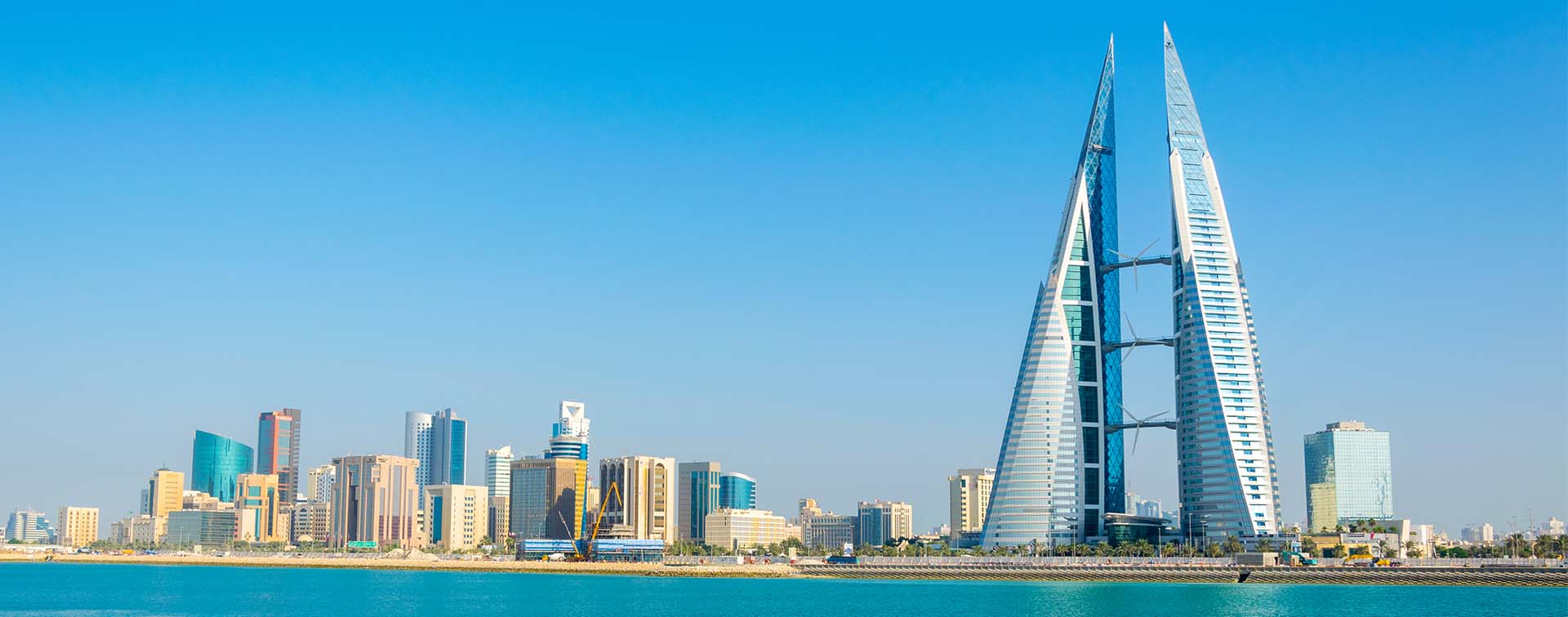
Dr. Robert Mogielnicki is a Senior Resident Scholar at the Arab Gulf States Institute in Washington and an Adjunct Assistant Professor at Georgetown University’s Walsh School of Foreign Service
High and rising energy prices — driven in part by geopolitical tensions — have improved the immediate fiscal conditions across the region’s oil- and gas-producing countries. The economic outlook in these countries is largely positive, but a high degree of uncertainty will weigh heavily on growth prospects over the middle and longer terms. Many other countries in the region face slow and uneven economic growth scenarios and a diverse array of political challenges.
Regional governments continue to rely on both carrots and sticks to stimulate investment as part of ongoing economic recovery efforts, while new visa programs and long-term residence initiatives emerge across the region. In February, Bahrain’s Interior Ministry announced the Golden Residency Visa, which qualifying applicants and their families can renew indefinitely. Meanwhile, the emirate of Dubai expanded its specialized visa offerings with the creation of a Talent Pass license authorizing freelancers to operate within the Dubai Airport Freezone using a three-year visa. The federal government of the UAE signaled that many elite business families may lose their monopolies on the sale of imported goods. The timeline for when the Emirati leadership will approve the proposed legislation ending renewals of commercial agency agreements has yet to be determined. The UAE’s sovereign wealth funds, meanwhile, have reportedly discussed investing up to USD 10 billion in Israel over the next 10 years, building on the normalization agreement that took place in September 2020.

Saudi Arabia has restarted plans for a fresh sale of Saudi Aramco stock that could be worth up to USD 50 billion. The additional shares of the state-owned producer of energy and chemicals would likely be listed on the Riyadh stock exchange alongside a secondary listing in London or Singapore. On 13 February, Saudi Arabia transferred 4% of Saudi Aramco’s shares to the Public Investment Fund (PIF), increasing the Saudi sovereign wealth fund’s assets by approximately USD 80 billion. Earlier, in January, the Saudi Arabia National Center for Privatization & PPP approved a new set of rules governing privatization and public–private partnership agreements to encourage more investment in the country.
An increasing focus on climate change and environmental considerations is permeating various levels of economic policymaking across the region — especially in the domain of finance. The Kuwait Investment Authority plans to align its entire investment portfolio with environmental, social, and governance standards. The PIF is reportedly planning a green bond issuance during 2022. Yet there is a gap between future commitments and current practices. The transfer of Saudi Aramco shares to the PIF, for example, raised questions about the PIF’s green credentials.
The UAE Government announced a federal corporate tax rate of 9% for income exceeding AED 375,00 (USD 102,000) that will come into effect in June 2023. Firms and investors in the country’s free zones can continue to enjoy corporate tax breaks. The UAE’s standard tax rate remains competitive at an international level and within the region, where most of the country’s neighbors impose corporate taxes ranging from 10% to 20% on foreign companies.
American–Iranian negotiations to revive a 2015 nuclear agreement appear to be making some progress, with a draft accord detailing specific measures to be implemented in phases. The security situation in the broader Gulf region, nevertheless, remains tense. Successive drone and missile attacks on the UAE capital of Abu Dhabi — the most significant of which targeted Abu Dhabi National Oil Company (ADNOC) facilities and the emirate’s international airport, killing three people — prompted the USA to affirm support for the Emiratis and send a guided-missile destroyer to UAE waters.
Turkish President Recep Tayyip Erdogan received a warm welcome in Abu Dhabi on 14 February, where Erdogan and Crown Prince Mohammed bin Zayed Al Nahyan signed several agreements across a range of sectors. After years of tense relations, the UAE and Turkey are enjoying a rapprochement — complete with a currency swap worth nearly USD 5 billion — as part of a broader regional de-escalation. More constructive relations should provide a modest boost to Turkey’s struggling economy.
Egypt registered a healthy growth rate of 9% in the first half of its 2021–22 fiscal year ending in June, up from 1.3% over the same period a year earlier. The country is a rare example of an emerging economy that enjoyed growth in 2020. Neighboring Jordan, on the other hand, is contending with a looming debt crisis according to the World Bank, with around 45% of businesses expected to become indebted.
Ongoing political tensions are hampering economic progress in the region’s more vulnerable states. A USD 27 billion deal between TotalEnergies and Iraq has stalled and may not be approved by a new Iraqi Cabinet. Iraq’s fractious political landscape complicates efforts to boost foreign investments into the country. Libya — another divided country — faces a litany of complex political issues that threaten to plunge the oil-rich country into further chaos. Tunisia is experiencing a recession, and talks with the IMF may lead its troubled government to implement additional cuts to subsidies and public sector wages.